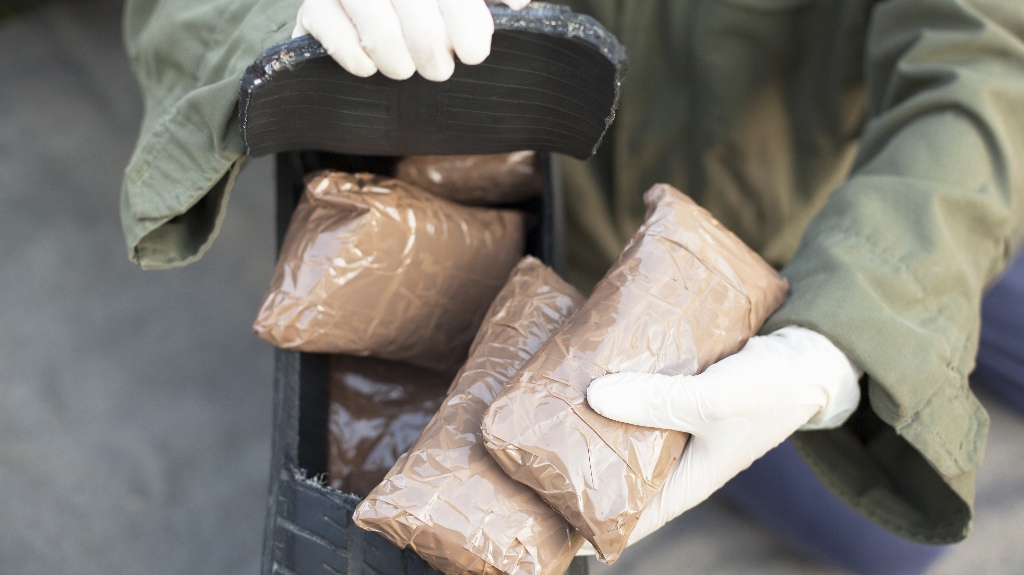In the state of Ohio, drug trafficking is a serious charge. Many times, this is a felony offense, depending on the quantity and type of drugs. State prosecutors are known for aggressively pursuing these trafficking cases. If you have been accused of this crime or are currently facing a charge, you need to know the facts about drug trafficking laws in Ohio.

The Investigation and Prosecution Process
According to Ohio’s law, drug trafficking is defined as selling drugs, offering to sell, preparing for shipment, or preparing for distribution. Local and federal law enforcement agencies will usually take the lead in these cases.
Under some circumstances, the Bureau of Criminal Investigation (BCI) will also look into these drug crimes. The BCI is a part of the Ohio Attorney General’s Office. They will collaborate with local agencies to gather evidence and make arrests in these cases.
If a person is stopped by police, and there is a suspicion of drug trafficking, they may be arrested on the spot. However, many of these cases involve months-long investigations, which are handed off to the prosecution team.
At this stage, the evidence is presented to a grand jury. These individuals must decide if there is probable cause that the defendant committed a crime. In the case that an indictment is returned, the defendant will face a trial, usually in state court. The prosecutors present their evidence to a judge or jury. It is up to the defense to change the state’s case.
If the person is convicted, they will need to face the sentencing stage. Prior criminal history, drug type, and the quantity of the substances will all play a role in the sentencing stage. In some cases, there are mandatory minimums depending on the type and amount of drugs involved in the crime.
Defenses To Drug Trafficking Crimes
Now that you know about the basic investigation and prosecution process, what can you do if faced with these charges? Your defense attorney will need to create a solid legal fountain that can question certain aspects of the case. For example, entrapment is a common defense.
Sometimes, law enforcement induces an individual to commit a crime that they would not otherwise do. In entrapment cases, the defendant must prove that the police coerced them to commit the offenses.
While entrapment is a viable defense, it can often be hard to prove, turning into hearsay from the defendant and law enforcement. Another defense focuses on a chain of custody. In any case, proper handling and evidence documentation are vital. If there are any inconsistencies, that can weaken the state’s cases. Defense attorneys will need to review evidence logs, storage procedures, and transportation records to make sure there are no gaps.
Finally, there are questions regarding illegal searches and seizures. The Fourth Amendment protects against unreasonable searches and seizures. If law enforcement violates these rights, that evidence may be excluded.
A few defense strategies may include challenging search warrants, invoking the exclusionary rule, and examining police conduct. Defenders can protect their rights and build a stronger defense by ensuring evidence was legally obtained.
Learn More About Drug Trafficking Laws in Ohio
Drug trafficking cases in Ohio are serious matters. State prosecutors take these cases seriously and will pursue them to the fullest extent of the law. If you are facing these offenses, you need the assistance of an experienced criminal defense attorney. They can tailor defense strategies to the specific circumstances of your case.
At Hunt Law LLC, we have been able to successfully defend individuals who have been accused of these crimes in Ohio. To arrange a free consultation, please contact us at 330-469-9836.